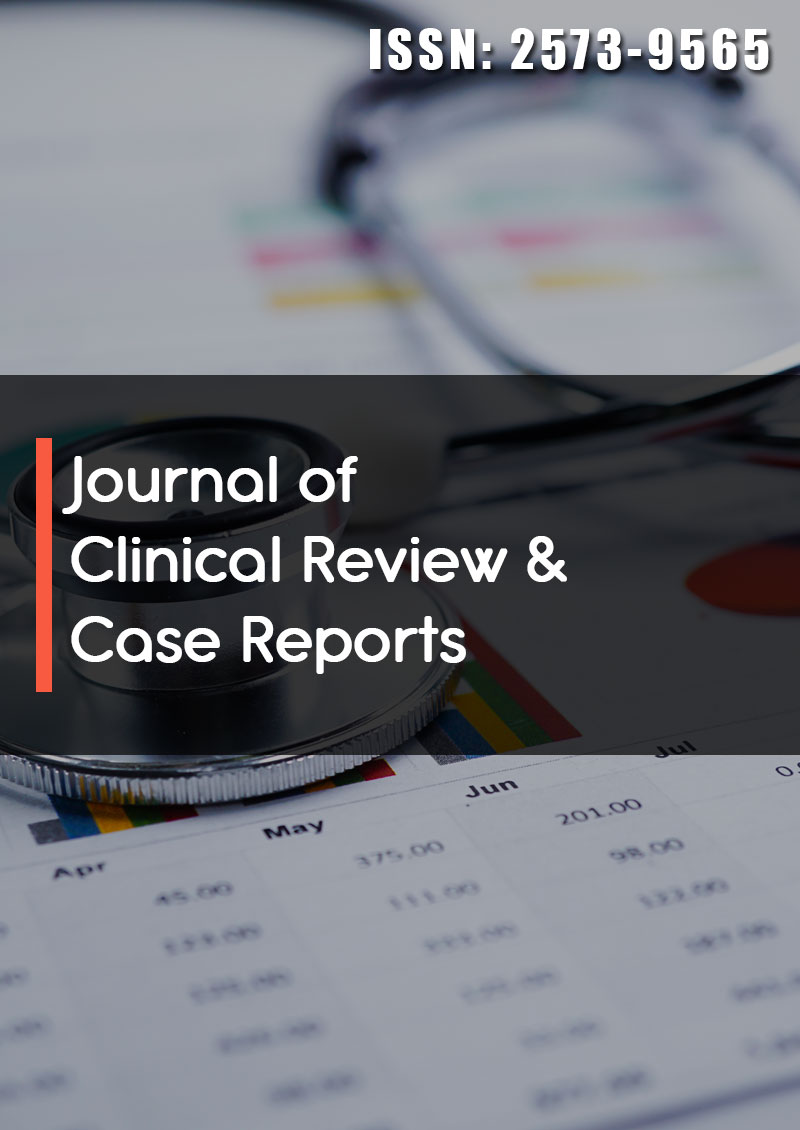Self-Acceptance, Self-Compassion and Loving Connection in Recovery Post Detox
Abstract
Vanessa Wallace
Relapse rates back into addiction post detox can be quite high. Ongoing support may be overlooked and individuals who are connected with community groups or have fellow peers who are also in recovery have a higher chance of remaining clean. Quality of life can be limited for those battling to stay clean and is often routed in a lack of self -compassion or acceptance about themselves and their past using history and its ramifications. Vital therapy work may be omitted, and individuals may return to work or family life to make up for time lost in active addiction. It is essential in therapy to understand and make consideration for the lack of resilience brought on by years of addiction. Struggles to regulate emotions can be very difficult in early recovery. Self-compassion and self-acceptance are key in providing this platform of resilience as well as having loving relationships with people who understand and who those in recovery can share honestly with. Ongoing healthy recovery and happiness is increased for those who demonstrate self-acceptance, hold a compassionate view of themselves, can forgive others, manage resentments and also find a community or at least close friends and family who accept them for who they are and their past.



